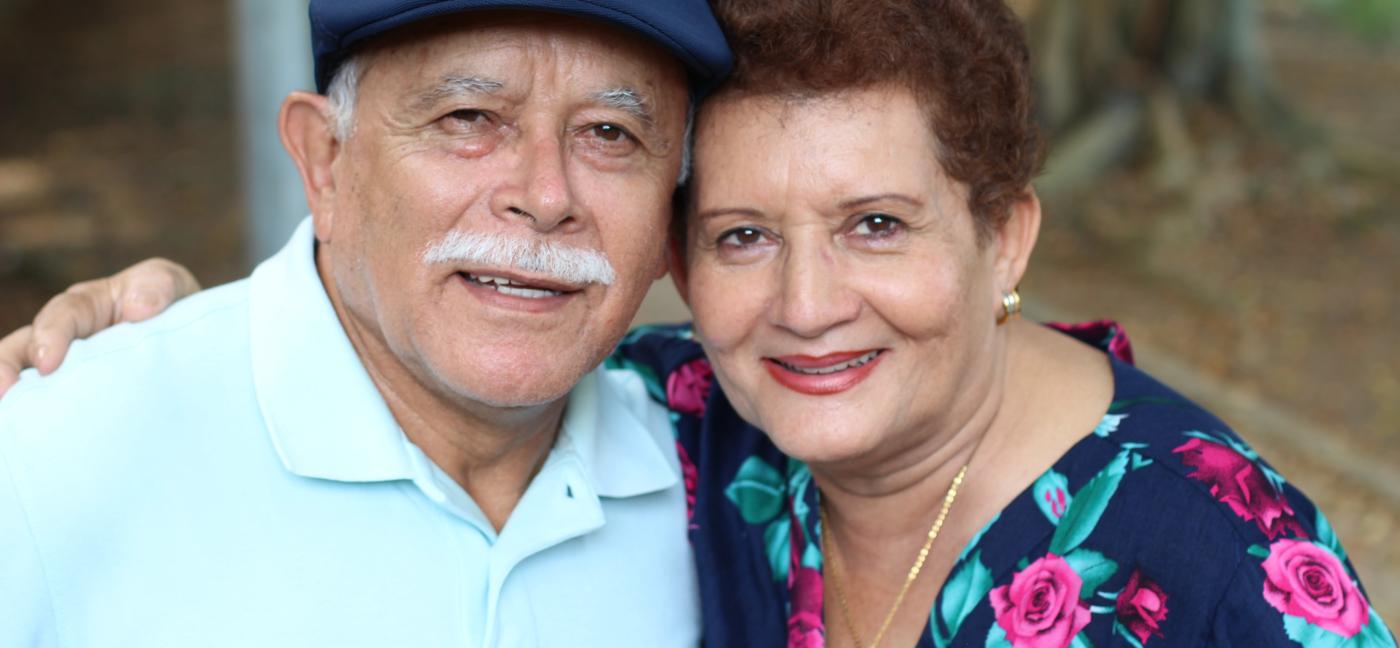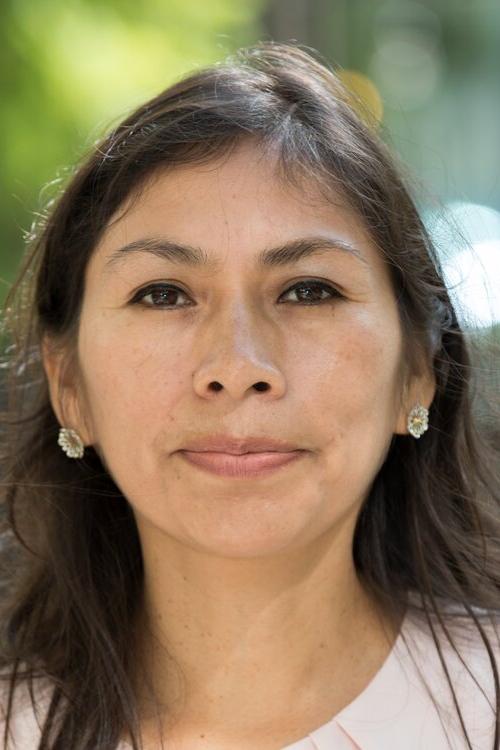Overview
Early detection and diagnosis of frontotemporal dementia (FTD) are challenging in low- and middle-income communities, owing to a generally poor community and professional awareness of FTD and possibly as a result of sociocultural factors. In this pilot proposal, we aim to implement a clinical and research network for FTD (the LimaFTD Network) to improve the detection and diagnosis of FTD, and to explore the influence of sociocultural factors on the diagnosis of FTD in different settings of Lima, Peru.
Project Details
The central hub of LimaFTD network will be created and located at the Instituto Nacional de Ciencias Neurologicas (INCN). The central hub will coordinate closely with trained multidisciplinary teams located within the four main hospitals of Lima and Callao. All consented patients will undergo a detailed, semi-structured clinical history, structured neurological and neuropsychological evaluations, and brain MRI. Each center will operate independently but will be supervised by the PI via telehealth meetings. To explore the influence of sociocultural factors on the diagnosis of persons with early FTD, we will use a mixed-methods approach consisting of surveys and semi-structured qualitative interviews that will be recorded, transcribed, and analyzed via thematic analysis methods.
We expect that the LimaFTD Network will improve the early detection of FTD in a person in Lima, Peru, and also will generate new knowledge of FTD that will help underserved communities, including the role that socio-cultural factors that may be contributing to delayed FTD diagnosis. The Lima-FTD Network represents an important first step in the larger goal of systematically improving the early detection of persons with FTD in Peru, not just in Lima while incorporating regional variations in sociocultural factors that may influence the recognition of the earliest manifestations of FTD.





